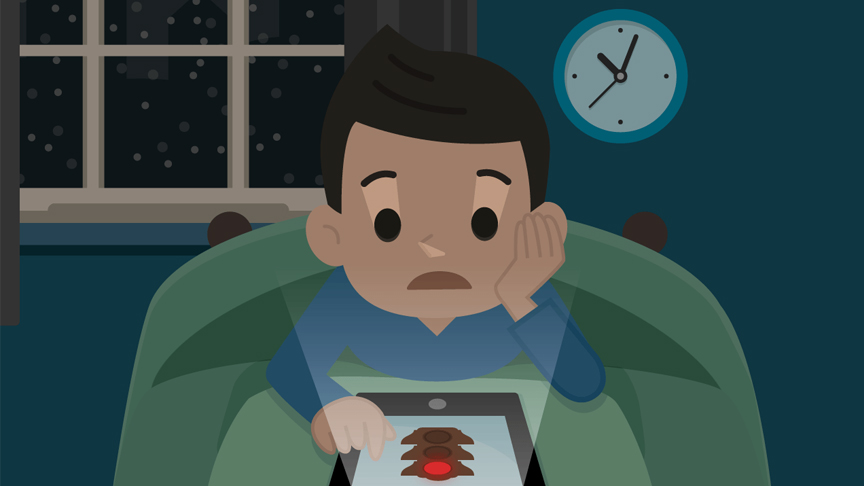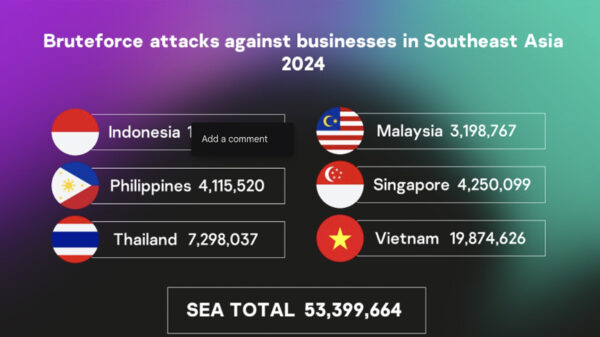Kaspersky has expanded the features in the new version of Kaspersky Safe Kids. Now parents have more options to safely facilitate children’s digital interests and relationships with gadgets. In particular, the updated YouTube monitoring enables users to check exactly which videos their little ones have watched on the platform. Additionally, Kaspersky Safe Kids now provides adults with extended web-filtering and screen time functionalities for iOS, which allows them to monitor how long their kids have been using their devices.
According to a Kaspersky survey, most children (57%) get their first gadget when they’re between six and nine years old. Children become familiar with various popular services in early childhood. Adults need effective tools to help their kids form healthy use habits and to manage and control the time their little ones spend on gadgets. In particular, Kaspersky’s recent study showed that YouTube is the most popular platform among kids, so parents will want to make sure that their children don’t have access to inappropriate content on this platform.
An important Kaspersky Safe Kids update for parents relates to the YouTube monitoring feature. Now YouTube’s history reports will show what specific videos children watched, so adults can oversee their kids interests and hobbies. This is in addition to previous option, which include visibility over little one’s YouTube search queries and the ability to block the results of age-inappropriate YouTube search requests (e.g. Alcohol-related). This functionality available in browsers on Windows, iOS and Android devices, as well as inside the official YouTube app on Android phones and tablets.
Recently, Apple gave companies the rights to use the Screen Time API, thanks to which Kaspersky has been able to enrich the web-filtering functionality and device control on iOS. Web-filtering allows adults to restrict access to websites based on categories and create browsing history reports. This option can also create lists of permitted or banned sites and even block access to all web-sites, apart from those specified by parents. It is available for browsers such as Google Chrome, Safari, Firefox, Yandex, Opera, duckduckgo and Aloha.
An important improvement has also been made to the device management functionality on iOS. Previously, due to the system limitations, screen limit warning messages could only be shown to the child using the device. With the updated version, when children exceed the allowed screen time limit, their gadget is blocked. Kaspersky Safe Kids still allows the operation of a device’s critical phone app to maintain the essential capacity to stay in touch with loved ones.
Full functionality is available for PC, Mac, and Android-based gadgets. For iOS devices with iOS 15.0+, web filtering and screen time management are available via the Apple Family account. For iOS 12.0-14.0 gadgets, web filtering is only available via the Kaspersky Safe Kids browser, and device use control is implemented via the “Time is up” alert, which shows on a child’s screen if they exceed their time limit.
Verifying the high quality of Kaspersky Safe Kids, the product has recently received several awards. For instance, AV-TEST awarded the product with an Approved Parental Control Software certificate in 2021, a product categorization level that’s standards are constantly increasing . Moreover, at MWC 2022, Kaspersky Safe Kids was awarded the best parental-control app by Make Use Of (MUO). Make Use Of is the large online technology publication with more than 24 million unique users per month.
“Modern children cannot imagine their lives without smartphones, and this is completely normal. Today’s parental control apps are mostly designed to help adults protect their kids from various inappropriate content and help them build their little ones’ relationship with gadgets as they see fit. In addition, such apps can be used to develop healthy digital habits from an early age,” comments Marina Titova, Vice President, Consumer Product Marketing at Kaspersky.
To help kids spend time on the Internet securely, you can:
- Spend more time communicating with kids about online safety measures. Try paying attention to your own habits – do you use your smartphone when eating or chatting? See if there is a pattern of your kids following your habits – do they react in a different way when you put your phone away?
- Ask your child not to agree to any privacy settings on their own and to ask for help from you instead. Adults should get into the habit of reading all privacy agreements.
- Consider downloading parental control apps and discussing this topic with your child to explain how such apps work and why they’re needed to stay safe online.
- Involve yourself in your children’s online activities from an early age, so that this is the established norm and you can mentor them on online safety practices.
- Make talks about cybersecurity more enjoyable and interesting by discussing it with your child through games and other entertainment formats.


















































































































